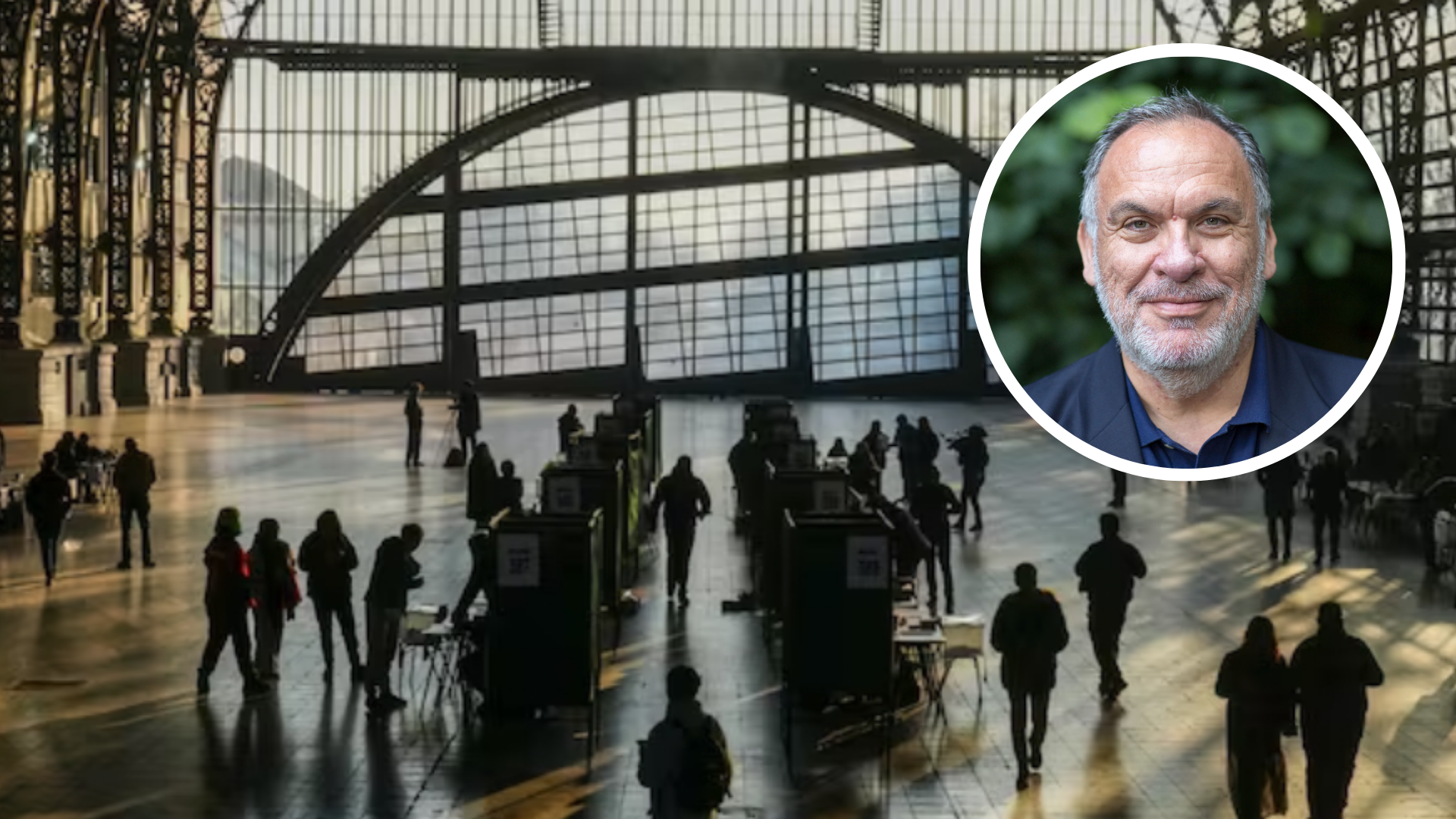Just as roads, hospitals, water systems, and communication networks are critical infrastructures that guarantee human well-being, trust is the critical infrastructure that enables collaboration between institutions and people. Sometimes, trust also acts as a social and emotional engine, seeking to find hope where it may not be immediately visible.
The critical infrastructure
We need to recognize that trust is a critical infrastructure, indispensable for institutions to function and to address today’s and tomorrow’s problems. The World Economic Forum, in a recent “Future of Jobs Report,” states that the world is facing multiple complex crises—or “polycrises”—and that immediate societal changes are needed to tackle them. People don’t just need to know things to do their jobs; they must also be able to adapt when everything changes, when mistakes are made, or when it’s time to start over. Trust is the sum of emotions that allows us to live without fear.
We all understand the importance of the structures that support our societies, but we don’t always see how deeply interconnected they are and how much they rely on information, collaboration, and trust. Protocols, controls, sanctions, and limits can be created, but a regulatory system on its own cannot enable everyone to collaborate at their full potential. A frightened society cannot be innovative, because it doesn’t dare to explore new paths.
Three pillars of change
To generate the necessary changes, three pillars are required: knowledge, institutions, and will. In Chile, we have institutions and a great deal of knowledge, but in some cases, the will is scattered or absent. Sometimes, what we need is not more diagnostics, but the courage to ask: if we know so much, why don’t we do what needs to be done? A big part of the answer has to do with the lack of trust and collaboration between institutions.
People often ask us, “What’s the point of dialogue if we don’t see immediate results?” They’re a bit disappointed when we explain that a dialogue process is not quick—it follows its own rhythm. Rushing doesn’t always lead to results. “I don’t need answers—I need you to listen,” is something we frequently hear between groups with different points of view. Taking the time to engage in dialogue is an investment in that invisible fabric that sustains collaboration.
Who should we be listening to?
How can we transform this archipelago of distant people into a more collaborative, more humane, more inclusive country? There’s no doubt we need urgent solutions to problems like corruption, crime, poverty, and others. While it may be tempting to tell your own group that from your shore you can see the whole picture—and that other perspectives don’t matter—none of these islands hold all the answers. When you don’t know the path, it is wise to ask: Where do we want to go, and who should we be listening to?
It’s not easy, but it is possible to build with those who have different pasts. It always starts with some point of connection. “I never thought I’d find myself with someone like you,” we’ve heard in the dialogue workshops we’ve held across the country – and sometimes, there’s an embrace where just before there were opposing sides. Hope lives in those emotions.
Seeking common ground
It’s not about all agreeing – our diversity means we experience life in different ways – but what if we built a “community of disagreements,” where thinking differently doesn’t frighten us, and where keeping our differences isn’t the same as living in separate worlds? To put it simply: not all of us support the same football team, but we can agree it’s a beautiful sport.
From the ashes of the most devastating crises, ideas for peace can blossom. One example is the Treaty of Paris, signed in April 1951, which created the European Coal and Steel Community. Among its signatories were the Federal Republic of Germany and France. The Second World War had ended just six years earlier. The pain had not been forgotten; it was still present when they signed an agreement that changed the course of Europe.
Encounter, not confrontation
The challenges we face are not in the distant future – they’re knocking on the door right now. There is real fear, deep fatigue, and yet we know that within many hearts lives the stubborn hope that we can listen to one another, and that things can get better. Every generation has its turning point, and preparing for peace is an inevitable step. Amid these tectonic shifts, with declining trust in democracy, this is a good moment to ask: Do we keep going as we are, or do we do something different?
We sometimes forget that many of the most lasting solutions don’t come from confrontation, but from encounter. As Mahatma Gandhi said: “The best way to resolve any political or social issue is for the protagonists of opposing views to meet and speak with sincerity and honesty.” Just as we invest in traditional infrastructures, it may be truly visionary to ask: What would happen if we multiplied spaces for dialogue and became a more dialogic society?
In Chile, we need to create a permanent meeting point—a reference for dialogue and trust—and why not, one with a regional outlook as well. The urgency is clear. Preparing for peace must be a state policy. It is an inevitable step.
—
Alfredo Zamudio is the director of the mission in Chile at the Nansen Center for Peace and Dialogue.
This is a translation of the original article published in El País, on July 18, 2025. The original Spanish version can be found here: https://elpais.com/chile/2025-07-18/la-infraestructura-critica.html
—
Read more about the Dialogue project in Chile

